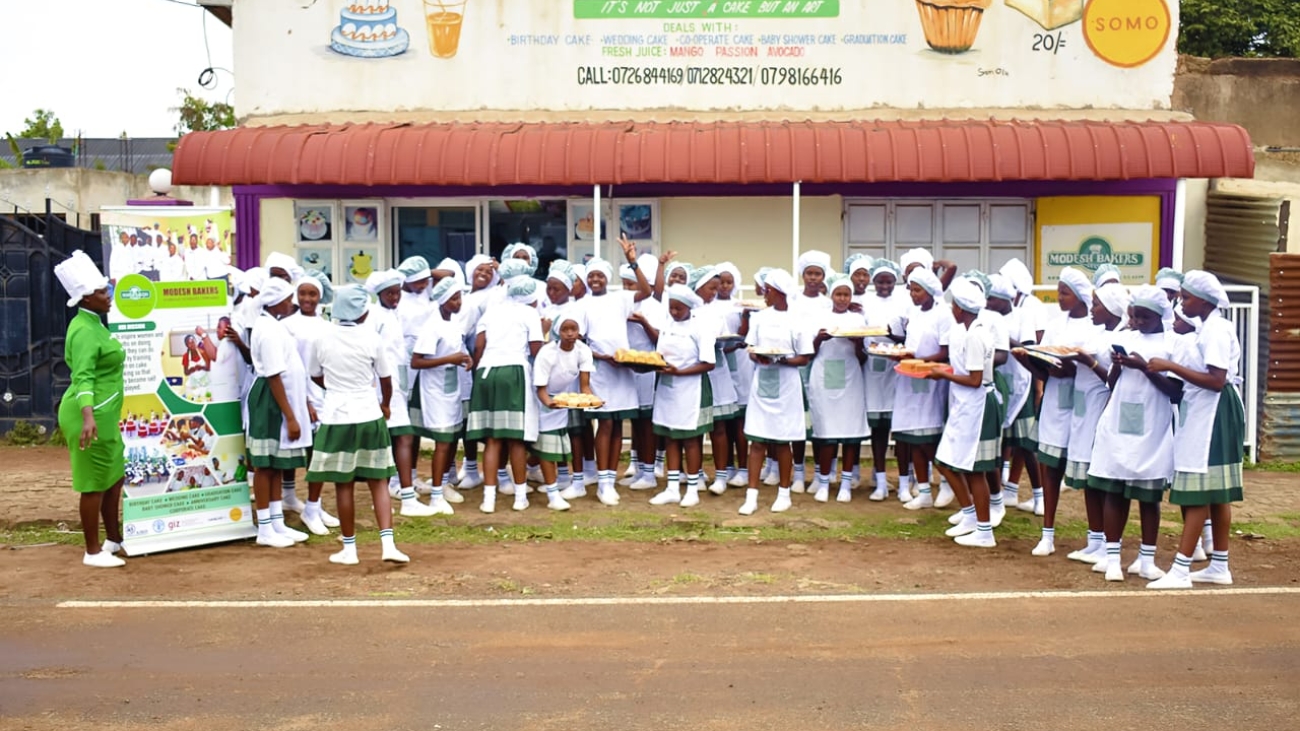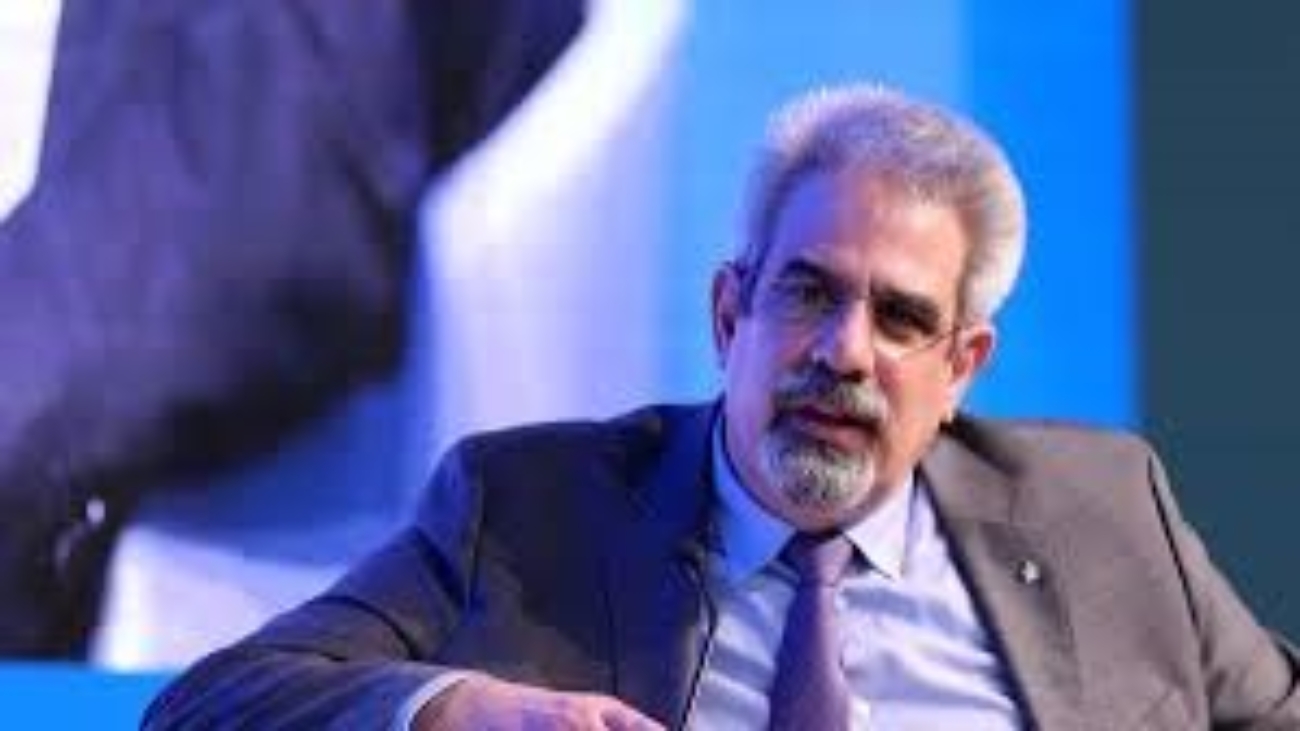Gavi, the Vaccine Alliance, in collaboration with UNICEF and WHO, has allocated nearly 200 million additional doses of key, life-saving vaccines aimed at contributing to the vaccination of approximately 50 per cent of children in Gavi countries missed during the pandemic.
Targeted funding of US$290 million in support of the “Big Catch Up” initiative was approved by the Gavi Board in December 2023, and today’s announcement indicates that all country requests received during the application window for this special effort can now move to the implementation stage.
Nearly 32 million doses have already been shipped to 13 countries* as part of the effort so far, and another 10 million doses are set to be shipped by the end of this month. Of the 35 lower-income countries targeted by the initiative, many are already conducting catch-up activities, with others poised to launch efforts imminently.
“Lower-income countries made unprecedented efforts to vaccinate their populations during the C-19 pandemic, but this emergency response strained their health systems. Now, our priority is twofold: help countries regain lost ground in routine immunisation coverage and build more resilient and equitable vaccination programmes for the future,” said Thabani Maphosa, the Managing Director of Country Programmes Delivery at Gavi. “Gavi and our partners are acting swiftly to support this critical public health mission, recognising that strong immunisation systems are the foundation for combating disease outbreaks and saving lives.”
The Big Catch-Up was launched by partners in April 2023 to address the decline in childhood vaccination rates observed during the COVID-19 pandemic as a result of overburdened health systems and disrupted access to medical care.
The latest global immunisation coverage data (WUENIC) for 2023 highlighted significant variations across Gavi implementing countries, with improvements in 22 countries, offset by sizeable declines in a smaller number of countries. Immunisation coverage in Gavi-supported countries remained stable – mirroring the global trend – despite a growing birth cohort as Gavi implementing countries vaccinated a near record number of children.
The data also pointed to an increase in the number of zero-dose children in Gavi implementing countries, highlighting the need for further efforts to reach these and under-immunised children.
The gaps in coverage caused by the pandemic have led to increased outbreaks across multiple countries, further highlighting the critical need to address immunity gaps.
For instance, data from WHO-CDC shows that from December 2022 to November 2023, 51 countries experienced significant or disruptive measles outbreaks, with the high levels of coverage required to prevent outbreaks a challenge for many health systems.
Another challenge is the rate of population growth in regions such as Africa, meaning countries must reach more children each year to maintain coverage levels.
Through this extraordinary catch-up effort, Gavi and partners aim to help lower-income countries close immunisation gaps, restore immunisation coverage to pre-pandemic levels, and strengthen immunisation systems in the longer term. The review and allocation process was aimed at providing support to all countries that applied within the funding window, including by strengthening plans to achieve better outcomes.
Big Catch Up funding is already supporting countries identify and immunize unimmunized children, particularly in some of the most hard-to-reach contexts.`
For example, in April 2024, the Syrian Arab Republic rolled out a campaign with an aim to reach an estimated 360,000 children.
Around 15,000 health workers and vaccinators were deployed to more than 1,000 sites to screen children’s vaccination status and immunise those who are unvaccinated.
In another example, Somalia is using Big Catch-Up support as a driver to address some of the country’s widest gaps, administering measles vaccine, inactivated poliovirus vaccine (IPV) and diphtheria, tetanus and pertussis-containing vaccine to ward against deadly outbreaks of these diseases.











